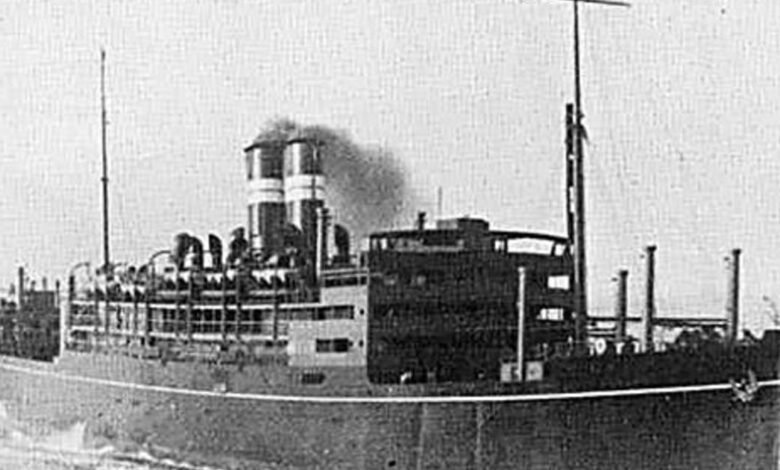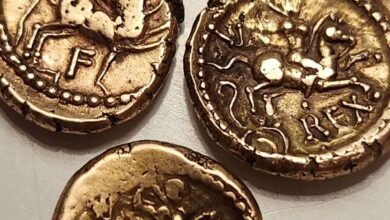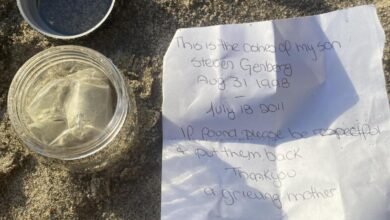UK Supreme Court rules on $43 million treasure from World War II ship sunk by Japanese torpedoes

South Africa has won a legal claim to treasure worth $43 million from a World War II shipwreck found off the country’s coast by a British exploration company, the UK’s Supreme Court said on Wednesday. The sinking of the SS Tilawa – dubbed the “Indian Titanic” – killed 280 people and left more than 2,000 silver bars on the seabed.
On November 23, 1942, the SS Tilawa was sunk by Japanese torpedoes in the Indian Ocean, the court said in a press release announcing the verdict. In addition to over 900 people on board, the ship was also carrying 2,364 silver bars that had been purchased by the then Union of South Africa to be made into coins. The treasure aboard the sunken ship was irretrievable until 2017, when a special salvage vehicle from Argentum Exploration Ltd, a British company owned by hedge fund boss Paul Marshall, was able to reach the silver.
The treasure was transported to the UK and declared the company’s property. Argentum Exploration argued in a lower court that maritime law provides that someone who recovers treasure can demand payment for the recovery. The company argued that it was a voluntary recovery, meaning that payment could be demanded even though South Africa did not ask them to recover the silver.
South Africa argued that the lower court did not have jurisdiction to hear the company’s lawsuit because it was a foreign state, while the company argued that the country did not enjoy immunity in the lawsuit.
The argument before the court focused on whether the silver was “in service or intended to be used for commercial purposes” when the ship sank during World War II, the court said. The court initially ruled in favor of Argentum Exploration, finding that the silver was in service or intended to be used for commercial purposes.
South Africa appealed, which was heard by the country’s Court of Appeal. That court upheld the original judgment. South Africa then appealed to the Supreme Court of the United Kingdom.
SS Tilawa Foundation
The Supreme Court ruled that the silver was not used for commercial purposes nor intended for such purposes, so South Africa is immune from the lawsuit. While both parties agreed that the Tilawa was used for commercial purposes, the silver on board the ship was not, the court explained. The court ruled that planning to mint the silver did not count as a commercial purpose.
“Cargo stored in the hold of a ship is not used for any commercial or other purpose,” the court said in a press release.
The sinking of the Tilawa has been called a “forgotten tragedy” of World War II, according to a website commemorating the incident. When the ship sank, there were 732 passengers, 222 crew members and 4 gunners on board. In addition to the silver, the ship had over 5,900 tons of other cargo on board.
Two torpedoes fired by the Japanese Imperial Navy hit and sank the ship. The SS Tilawa is described online as “the only passenger and cargo ship attacked in the Indian Ocean during World War II.”
Two nearby ships were able to rescue 678 passengers, but 280 people died, the website says.



